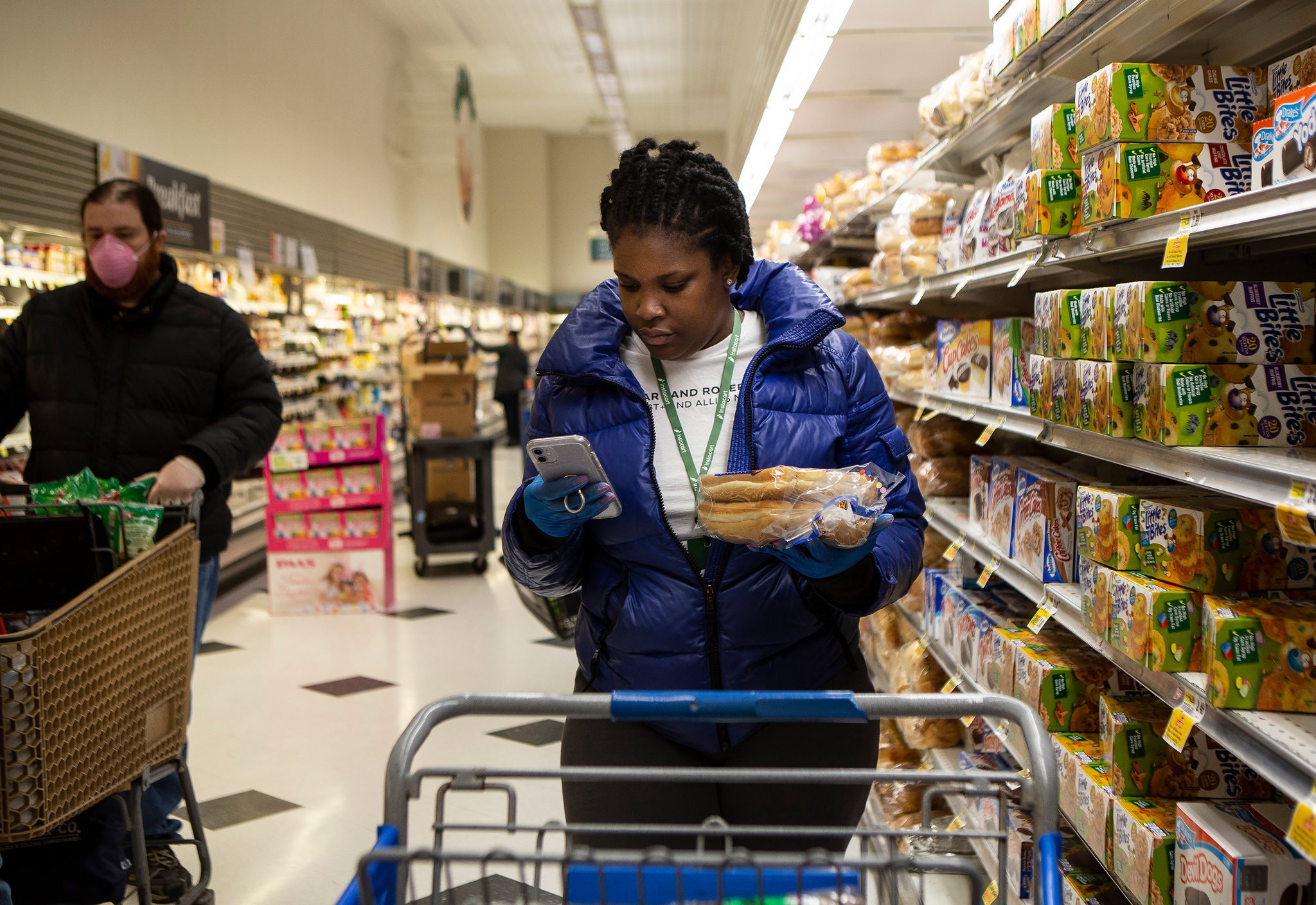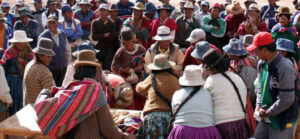Mobilizing to confront the pandemic and, eventually, to reconstruct the shattered economy, requires not only medical and economic expertise but also moral and political renewal. We need to ask a basic question that we have evaded over these last decades: What do we owe one another as citizens?
In a pandemic, this question arises most urgently as a question about health care: Should medical care be accessible to all, regardless of their ability to pay? The Trump administration decided that the federal government would pay for coronavirus treatment for the uninsured. Whether it will be possible to reconcile the moral logic of this policy with the notion that health coverage in ordinary times should be left to the market remains to be seen.
But beyond the issue of health care, we need to think more broadly about the way we contend with inequality. We need to better reward the social and economic contributions of work done by the majority of Americans, who don’t have college degrees. And we need to reckon with the morally corrosive downsides of meritocracy.
In response to rising inequality, mainstream politicians of both parties have, in recent decades, called for greater equality of opportunity — improving access to higher education so that all Americans, whatever their starting point in life, can rise as far as their effort and talent will take them. This is, in itself, a worthy principle.
But as an answer to inequality, the rhetoric of rising — the promise that the talented will be able to climb the ladder of success — has a dark side. Part of the problem is that we fail to live up to the meritocratic principles we proclaim. For example, most students at highly selective colleges and universities come from affluent families. At many elite colleges, including Yale and Princeton, there are more students from the top 1 percent than from the entire bottom 60 percent of the country.
There is also a deeper problem: Even a perfect meritocracy, in which opportunities for advancement were truly equal, would corrode solidarity. Focusing on helping the talented clamber up the ladder of success can keep us from noticing that the rungs on the ladder are growing further and further apart.
Meritocracies also produce morally unattractive attitudes among those who make it to the top. The more we believe that our success is our own doing, the less likely we are to feel indebted to, and therefore obligated to, our fellow citizens. The relentless emphasis on rising and striving encourages the winners to inhale too deeply of their success, and to look down on those who lack meritocratic credentials.
These attitudes accompanied the market-driven globalization of the last 40 years. Those who reaped the bounty of outsourcing, free-trade agreements, new technologies and the deregulation of finance came to believe that they had done it all on their own, that their winnings were therefore their due.
Meritocratic hubris and the resentment it provokes are at the heart of the populist backlash against elites. They are also potent sources of social and political polarization. One of the deepest political divides in politics today is between those with and those without a four-year college degree.
In recent decades, governing elites have done little to make life better for the nearly two-thirds of Americans who do not have a college degree. And they have failed to confront what should be one of the central questions of our politics: How can we ensure that Americans who do not inhabit the privileged ranks of the professional classes find dignified work that enables them to support a family, contribute to their community and win social esteem?
As economic activity has shifted from making things to managing money, as society has lavished outsize rewards on hedge fund managers and Wall Street bankers, the esteem accorded to traditional work has become fragile and uncertain. At a time when finance has claimed a greater share of corporate profits, many who labor in the real economy, producing useful goods and services, have not only endured stagnant wages and uncertain job prospects; they have also come to feel that society accords less respect to the kind of work they do.
The coronavirus pandemic has suddenly forced us to reconsider what social and economic roles matter most.
Many of the essential workers during this crisis are performing jobs that do not require college degrees; they are truckers, warehouse workers, delivery workers, police officers, firefighters, utility maintenance workers, sanitation workers, supermarket cashiers, stock clerks, nurse assistants, hospital orderlies and home care providers. They lack the luxury of working from the safety of their homes and holding meetings on Zoom. They, along with the doctors and nurses caring for the afflicted in overcrowded hospitals, are the ones who are putting their health at risk so the rest of us can seek refuge from contagion. Beyond thanking them for their service, we should reconfigure our economy and society to accord such workers the compensation and recognition that reflects the true value of their contributions — not only in an emergency but in our everyday lives.
Such a reconfiguration involves more than familiar debates about how generous or austere the welfare state should be. It requires deliberating as democratic citizens about what constitutes a contribution to the common good, and how such contributions should be rewarded — without assuming that markets can decide these questions on their own.
For example, should we consider a federal wage subsidy to ensure that workers can earn enough to support thriving families, neighborhoods and communities? Should we bolster the dignity of work by shifting the burden of taxation from payroll taxes to taxes on financial transactions, wealth and carbon? Should we reconsider our current policy of taxing income from labor at a higher rate than capital gains? Should we encourage the domestic manufacture of certain goods — beginning with surgical masks, medical gear and pharmaceuticals — rather than promoting outsourcing to low-wage countries?
Even when they recede, pandemics and other great crises seldom leave social and economic arrangements as they were. It is up to us to decide what the legacy of this wrenching episode will be. Our best hope is to pursue the intimations of solidarity implicit in this moment to reframe the terms of public discourse, to find our way to a morally more robust political debate than the rancorous one we have now.
The moral and civic renewal we need requires that we resist the anguished but misconceived debate now emerging about how many lives we should risk for the sake of restarting the economy. This debate assumes that the economy is like a main street shop that turns on the lights after a long weekend and reopens for business, just as before.
The real question is not when but what: What kind of economy will emerge from the crisis? Will it be one that continues to create inequalities that poison our politics and undermine any sense of national community? Or will it be one that honors the dignity of work, rewards contributions to the real economy, gives workers a meaningful voice and shares the risks of ill health and hard times?
We need to ask whether reopening the economy means going back to a system that, over the past four decades, pulled us apart, or whether we can emerge from this crisis with an economy that enables us to say, and to believe, that we are all in this together.




